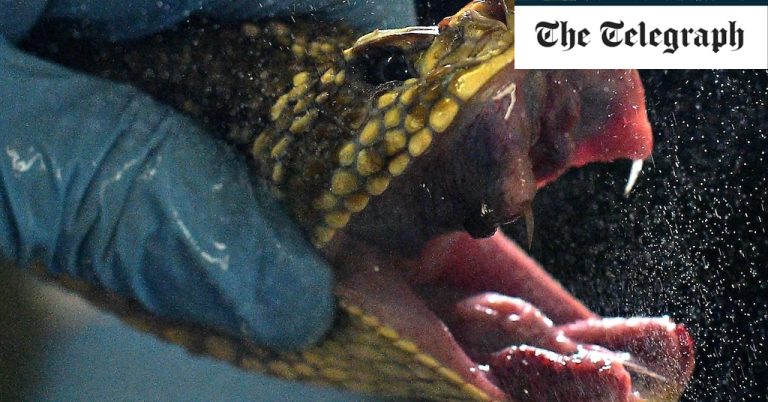“However, our data show that the complication rates are very small,” said Dr Vissoci. “Thus the tradeoff of having the policy [that] targets just high complexity centres is creating an access barrier.
“[My co-authors] are part of a working group that is discussing this policy now, engaging with local and federal authorities,” he said, adding that these conversations have so far been positive. “Our results show that this decentralisation is feasible and cost-effective… the path to change has been built.”
Across the globe, the World Health Organization estimates that between 1.8 and 2.7 million people are bitten by venomous snakes each year – with up to 138,000 people dying as a result. Yet it remains a neglected issue internationally.
The UN agency’s technical offer for antivenom, Dr David Williams, said that more ‘Big Data’ studies like this will be critical to reduce the death toll and medical burden caused by snakes.
“The more data that we can bring, the better,” Dr Williams told Think Global Health. “Snakebite is still massively under reported. It really is a disease of invisible communities – communities where it’s not necessarily easy to get the data, or ones that seem to always get forgotten when it’s time to collect data.”
Protect yourself and your family by learning more about Global Health Security
